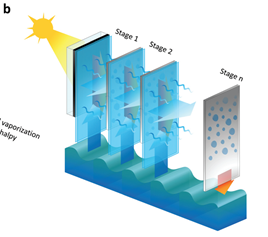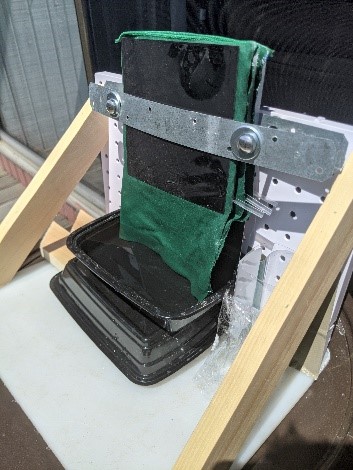by Tomohito Okuda
Master in Public Administration in International Development & MBA Candidate 2022
Harvard Kennedy School & MIT Sloan School of Management
Spring Semester
I successfully completed the courses with 78 credits in total (Appendix), including 54 credits completed as a “regular” participant and 24 credits completed as a “listener.”
The most interesting course in the spring semester was D-Lab: Water, Sanitation and Hygiene. D-Lab (“D” stands for design and development) is a series of courses at MIT that provides students with the opportunities to work with local communities in developing countries. Participants form teams and design affordable and replicable solutions to various issues. In D-Lab: Water, Sanitation and Hygiene, we tackled with issues in water, sanitation and hygiene. Our team, consisted of an undergraduate student, a Ph.D. student from University of British Columbia, and myself, dealt with a lack of potable water in low-income communities in Madagascar.
With help of a research team of mechanical engineering at MIT, and in collaboration with a social enterprise in Madagascar, we created a prototype of micro-desalination units. The small device uses solar energy and seawater and has a potential of producing freshwater that would satisfy the water needs of a household (up to ~6 L/m2h according to the lab test). Due to the COVID-19, we could not use the facilities at MIT, but our team achieved to create the prototype in Cambridge by decomposing the operation, and the learnings from this prototype was shared with the local partner to build their prototype in Madagascar. Although the water production rate of our prototypes is still very low, we confirmed the prototypes are working. The team members and the social enterprise agreed to continue collaborating informally after the semester.
Summary and Take-aways
This year will stay in my memory as a unique, interesting experience. The school went online just after the mid-term exam in the spring semester 2020. Since then, people faced a series of unprecedented challenges. The students and employers had to reformulate their internship plans. Some schools decided to provide their programs only remotely, whereas other schools, including MIT Sloan, adapted their operations to provide in-person classes.
The unfortunate part was the reduced opportunities to meet people and enjoy the public space. The trade-off of the public health and the benefits of face-to-face meetings had different implications among people, which led to the tensions between people. For example, some students at MIT ignored the school policy, had a large social gathering, and the school stopped in-person classes for weeks after it found out the event. Some of the people in the event did not feel guilty because they do not agree with the school policy, which was decided, according to them, without incorporating the students’ opinions. Other students were furious about those students. The SNS of the school went wild for a few days after that. I experienced hundreds of episodes like this this year. But for the pandemic, I would not be exposed to such sensitive discussions.
Throughout this experience, I reconfirmed the difficulties to control democratic society and became more cautious about how people perceive the actions and words of others. We observed behavioral difference among people with different backgrounds and policy difference between countries, which will be analyzed intensively in the coming few years. Since I belong to very diverse communities, I had many opportunities to try to understand each person’s perceptions and learn from others.
The good part was that I observed the strengths of people. Despite the irregularity, everyone considered how to adapt to the new environment and took actions. I believe the quality of the education was maintained at a high level, and I could experience a unique moment in a very diverse environment. It was thanks to the support of the Ito Foundation U.S.A. and Friends of UTokyo, Inc., that I could focus on my studies in such an environment. Using the skills I learned in the last two years, I will take a deep-dive into some of the areas I am most interested in the final year.



